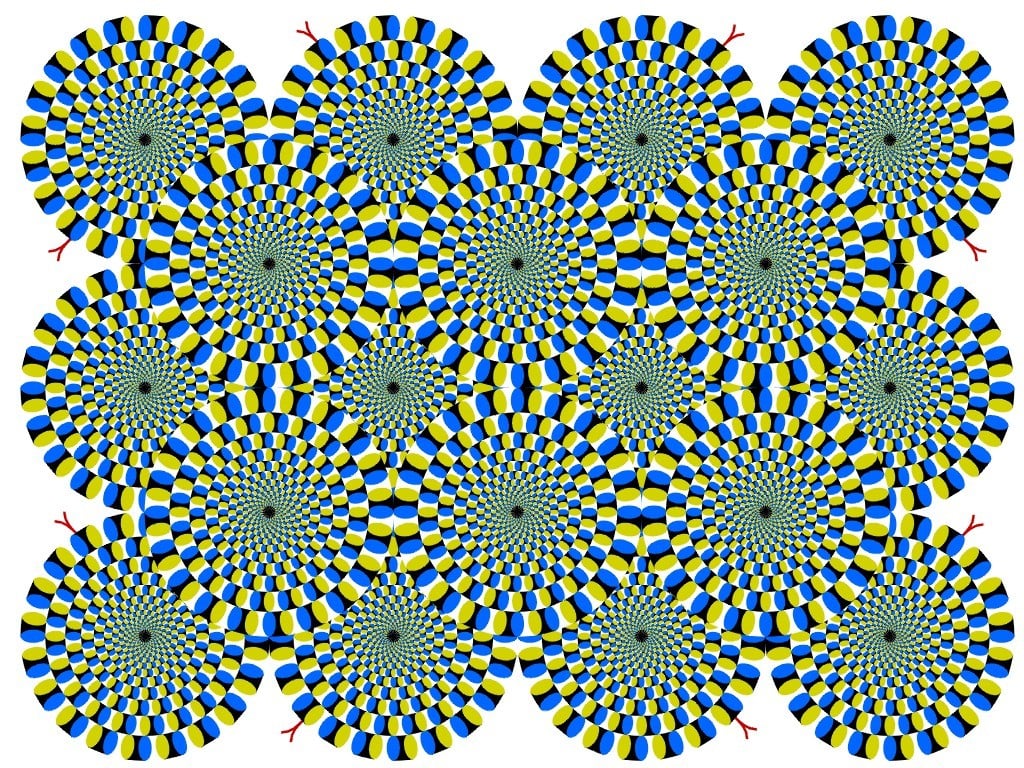
The annual Best Illusion of the Year Contest encourages scientists and artists to showcase their ingenuity by creating clever optical illusions. Now celebrating its seventeenth year, the fun contest is the brainchild of the Neural Correlate Society, a nonprofit that promotes scientific research on how the brain functions. Here are 2021's top three winners, selected by fans from the ten finalists in an online vote on December 15, 2021.
The Phantom Queen
The contest's top prize went to a chess-themed illusion created by Matt Pritchard, a scientist and magician from the United Kingdom. The fun mind-deceiving trick features two chessboards set up with a perpendicular mirror in between. The reflection in the mirror shows several black chess pieces and a white queen on the board. However, the chessboard in front of the mirror appears to have only the black chess pieces. The mystery deepens when the white queen in the reflection shifts to another square on its own.
The seemingly "magical" trick demonstrates a scientific phenomenon called "anamorphic perspective." It makes a picture or illusion appear distorted unless viewed from a particular angle.
The Changing Room
The Changing Room Illusion, created by Michael Cohen, shows how our brains can fool our eyes into seeing things that may not be there. At first glance, the video appears to be static footage of an ordinary living room. However, look closer, and you will find that the objects in the room have been added or removed from view multiple times. The Assistant Professor of Psychology at Amherst College and MIT researcher describes his illusion as an example of what is called "gradual change blindness."
"While trying to prepare a novel example of this phenomenon for students, I realized that I could change dozens of items without observers noticing," Cohen explains. "Overall, this illusion highlights how people may actually perceive and remember far more of the world around them than they intuitively realize."
The Double Ring
In the Double Ring Illusion, the two rings are performing the same motion each time. But the way they are placed makes it look like they are rotating differently. The mind-trick, submitted by French cognitive scientist Brent Strickland and his Ph.D. student Dawei Bai, highlights how the understanding of physical laws impacts visual perceptions.
Resources: illusionoftheyear.com, Gizmodo.com,newatlas.com, illusionoftheyear.com
